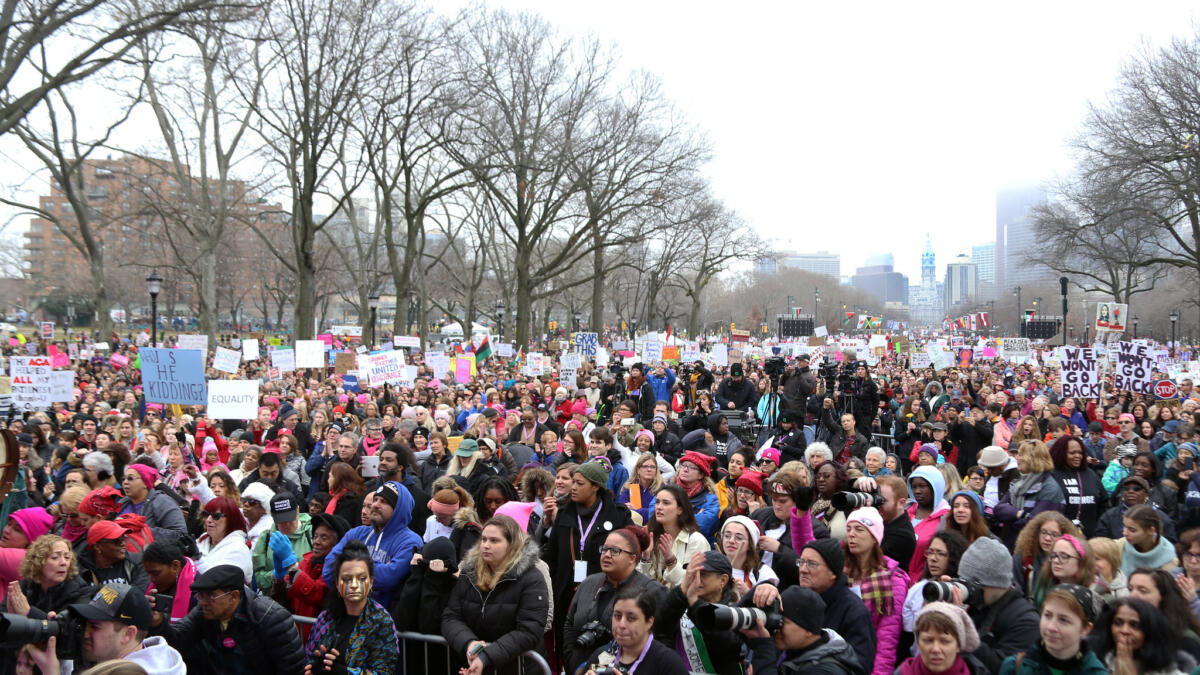The Supreme Court is poised to turn back the clock fifty years and, if it does, the court will discard any remaining legitimacy it had as being non-partisan.
As you’ve no doubt heard by now, in an exclusive published on May 2, Politico published a first draft of a majority opinion that would in effect overturn Roe v. Wade, the 1973 landmark right-to-privacy decision that legalized abortion care nationwide. Chief Justice John Roberts, appointed by anti-abortion yet war-mongering President George W. Bush, confirmed the leak was authentic and called for an investigation.
While finding the identity of the leaker sure is a fun mystery, its importance pales in comparison to the consequences of this likely-but-not-yet-finalized decision. Let’s put aside the fact that everyone sitting on the Supreme Court has identified Roe as existing precedent. All except Amy Coney-Barrett outright said or implied they’d not touch the law under the principle of stare decisis – a legal principle that in Latin loosely means “let the decision stand” and is the basis on which the court refuses to change past rulings except in the most extreme and important situations. Think Brown v. Board of Education overturning Plessy v. Ferguson, the ignoble ruling once allowing for racial segregation.
Yet, five of them signed onto the decision. Whether or not this vote tally will be the final verdict released in June is unknowable.
What is known is that abortion is still legal and available in the United States – legalish if you’re in a state like Mississippi which, along with using state laws and regulations to make it nearly impossible to operate an abortion clinic also happens to have one of the worst teen pregnancy rates and infant and mother mortality rates in the country. But for all people within U.S. borders abortion is currently technically legal and, though not entirely equitable in this regard, generally accessible.
If this decision is ultimately released as it is written, though, it would not only cause abortion to become criminal in about half of the states, based on most estimates. While this would be bad enough – in Louisana, you’d have to travel 600 miles to get to an abortion providing safe zone – this likely decision also sets the stage for repealing a whole host of other rights.
Justice Samuel Alito, another George W. Bush appointee, drafted the decision. Alito argues that because abortion rights are not enshrined in the 14th Amendment, they’re apparently debatable. But as several law experts and historians have noted, that means a lot of rights are up for grabs, including but not limited to: interracial marriage, same-sex marriage, birth control access, equal pay, anti-discrimination protections, freedom from sexual harassment in work places and schools, and much more.
The 14th Amendment is a guarantor, at least so far, of a host of modern exercises of freedom and equality. It’s important to note that the 9th Amendment specifically states, too, that if certain rights later identified by society aren’t written in the Constitution, this does not mean those rights don’t exist and that it’s up to future generations to suss that out.
According to Alito, not only does the 14th Amendment not do anything but the 9th Amendment doesn’t even exist, either.
Right on cue immediately after the leak, conservative commentator Ben Shapiro, best known for being bad at sex and not understanding hyperbole in lyrics, reportedly called for the Supreme Court to overturn same-sex marriage next. Even without an explicit reversal of the Obergefell decision on marriage for same sex couples, defense analyst Brynne Tannehill says the Roe reversal could result in states taking action to deny marriage licenses or cease honoring them.
But all of that is aside from the most obvious and direct consequence of an overthrowing of what Justices Gorsuch and Kavanaugh stated explicitly at confirmation was established law: abortion would be more difficult, expensive, and dangerous to get.
Let’s be real, it won’t stop abortion especially for rich women regardless of their geographic location. Research shows that people seek this medical procedure whether or not there are legal restrictions. Legality does not determine whether or not someone needs an abortion, it simply dictates the conditions under which it happens. For the rich, it’ll simply require travel or a discreet doctor’s visit.
For some, it’ll be a matter of finding access to self-managed abortions. For an unfortunate and desperate number, there will be procedures conducted in unsafe circumstances, leading to complications or even death. For context: in the 1960s, septic abortions were the primary killer of Black women in the United States.
What actually reduces the rate of abortion is prevention of unintended pregnancy and economic conditions that allow people who want to be parents to afford raise children.
But all of that is framing this through the lens that abortion is something we should want to reduce. In reality, it’s a needed medical procedure that is safe, effective, and far easier on a body than pregnancy and childbirth. A person who gives birth is exponentially more likely to die from that process than someone who has an abortion.
It’s also worth noting that for most of recorded American history, abortion was commonplace, unstigmatized, and considered entirely a personal matter, even among the religious. Traditional Jewish law, which to some extent informs Christian ethics, states that access to abortion is not only allowed but in some cases required. Early efforts to ban the procedure were explicitly about restricting pregnant people’s rights. It wasn’t until the 1980s that it became this deeply partisan, supposedly “moral” issue. The “pro-life” moniker to mean anti-abortion is particularly strange given the movement is responsible for dozens of acts of terrorism including destruction of property, kidnapping, and even multiple murders.
By scaling back abortion rights, the US joins a cadre of backsliding democracies. Researcher Sonia Corrêa says that there is a reliable correlation between women’s rights and the health of a democracy. The only nations that have repealed reproductive rights are those that are also experiencing rising nationalism and right-wing populism. The New York Times’ Max Fisher says, “Nationalist leaders have stirred up social resentments and won over religious groups by targeting abortion rights campaigners — often as part of a broader crackdown on civil society.”
And as go women’s rights, so go LGBTQ rights – and more. In many ways, this is providing Americans overall a vivid example of what people of color, specifically women, have endured for centuries.
So, what’s next? A lot remains to be seen. Protests have been raging across the country and outside the Supreme Court. Congress tried to make Roe federally protected right under law but unsurprisingly West Virginia’s Senator and purported Democrat Joe Manchin saw to its demise.
In other words, if this draft decision overturns half a century of precedent, there is no cavalry coming to the rescue. There isn’t even reproductive health access for U.S. Army Cavalry officers stationed in anti-abortion states, either.
It’s on us.
In a sad but good practical sense, activists have been planning for the reality of a post-Roe America for years and have prepared resource guides on locating abortion care and getting the financial support.
For individuals wishing to get involved in activism, to learn more or to support local abortion funds, there are master lists of information being shared online. Locally, we can donate to the Abortion Liberation Fund of PA (formerly known as Women’s Medical Fund).
Beyond that, this decision would be the first of many regressions made by a Supreme Court stacked by two former presidents, both of whom didn’t win the popular vote and one of whom also didn’t even win reelection.
It’s a stark decision point for the rest of us – about whether we’re going to let our nation backslide to its doom or if we’ll activate to save ourselves and our fellow Americans.





